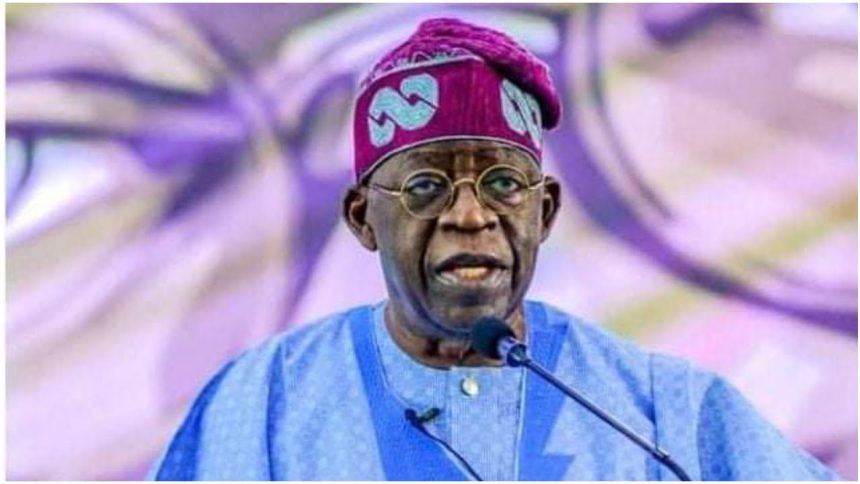President Bola Tinubu has announced the immediate dismissal of five ministers from his cabinet, as part of a broader shake-up aimed at improving the performance of his administration.
The affected officials include Barrister Uju-Ken Ohanenye, the Minister of Women Affairs; Lola Ade-John, the Minister of Tourism; Professor Tahir Mamman, the Minister of Education; Abdullahi Muhammad Gwarzo, the Minister of State for Housing and Urban Development; and Dr. Jamila Bio Ibrahim, the Minister of Youth Development.
This development was confirmed on Wednesday by Bayo Onanuga, Special Adviser to the President on Information and Strategy. Onanuga emphasized that the decision underscores President Tinubu’s commitment to ensuring that his administration delivers on its promises and expectations.
The President had previously hinted at this possibility, warning that ministers who did not meet performance benchmarks would be replaced in order to improve governance and service delivery.
The ministers’ removal comes amidst growing public scrutiny of the federal cabinet’s effectiveness since Tinubu’s administration assumed office.
While there has been some progress in specific sectors, there have also been concerns about the overall pace of reform and implementation of critical policies.
By relieving these ministers of their duties, Tinubu appears to be sending a clear message that underperformance will not be tolerated.Ministers Affected by the DecisionAmong the sacked officials, Barrister Uju-Ken Ohanenye’s dismissal as Minister of Women Affairs has attracted particular attention.
She was appointed with high expectations to advance gender-related issues in Nigeria. However, critics have pointed to the slow pace of reforms in addressing gender inequality and ensuring better protection for women, which may have contributed to the decision.
Similarly, Lola Ade-John, who served as the Minister of Tourism, is also leaving her post. Nigeria’s tourism sector, though rich in potential, continues to face challenges related to infrastructure, security, and promotion.
Despite some initiatives to boost domestic and international tourism, the sector has yet to see a significant turnaround under her leadership.Professor Tahir Mamman’s removal as the Minister of Education highlights the administration’s concern with the slow pace of educational reforms.
Education in Nigeria faces a wide array of challenges, including underfunding, teacher shortages, and low quality of public education.
Though some policies were put forward, the pace of implementation may have fallen short of what the administration expected.Abdullahi Muhammad Gwarzo, the Minister of State for Housing and Urban Development, has also been removed.
Housing remains one of the major concerns in Nigeria, with millions of Nigerians facing inadequate living conditions. Despite the federal government’s ambitious housing plans, the sector has struggled to meet targets, leading to his ouster.
Dr. Jamila Bio Ibrahim, Minister of Youth Development, is another high-profile official affected by the shake-up.
The youth population in Nigeria constitutes a significant portion of the population, and managing their affairs has been a key priority for the government. However, Ibrahim’s tenure saw limited visible impact on youth empowerment programs.
Ministry of Niger Delta RenamedIn addition to the cabinet reshuffle, President Tinubu also announced a significant change in the structure of the federal ministries.
The Ministry of Niger Delta has been renamed the Ministry of Regional Development.
This change signals a broader mandate for the ministry to focus not only on the Niger Delta but on promoting balanced regional growth and development across the country.
The move is expected to align with Tinubu’s vision of inclusive growth and addressing regional disparities, which have long been a source of tension in Nigeria.
This renaming and restructuring could enhance the focus on key developmental issues across multiple regions, ensuring that no part of the country is left behind in the administration’s drive for economic growth.
As President Tinubu seeks to make impactful changes in his cabinet, this latest move demonstrates his willingness to take decisive action in the interest of performance, accountability, and progress.


















